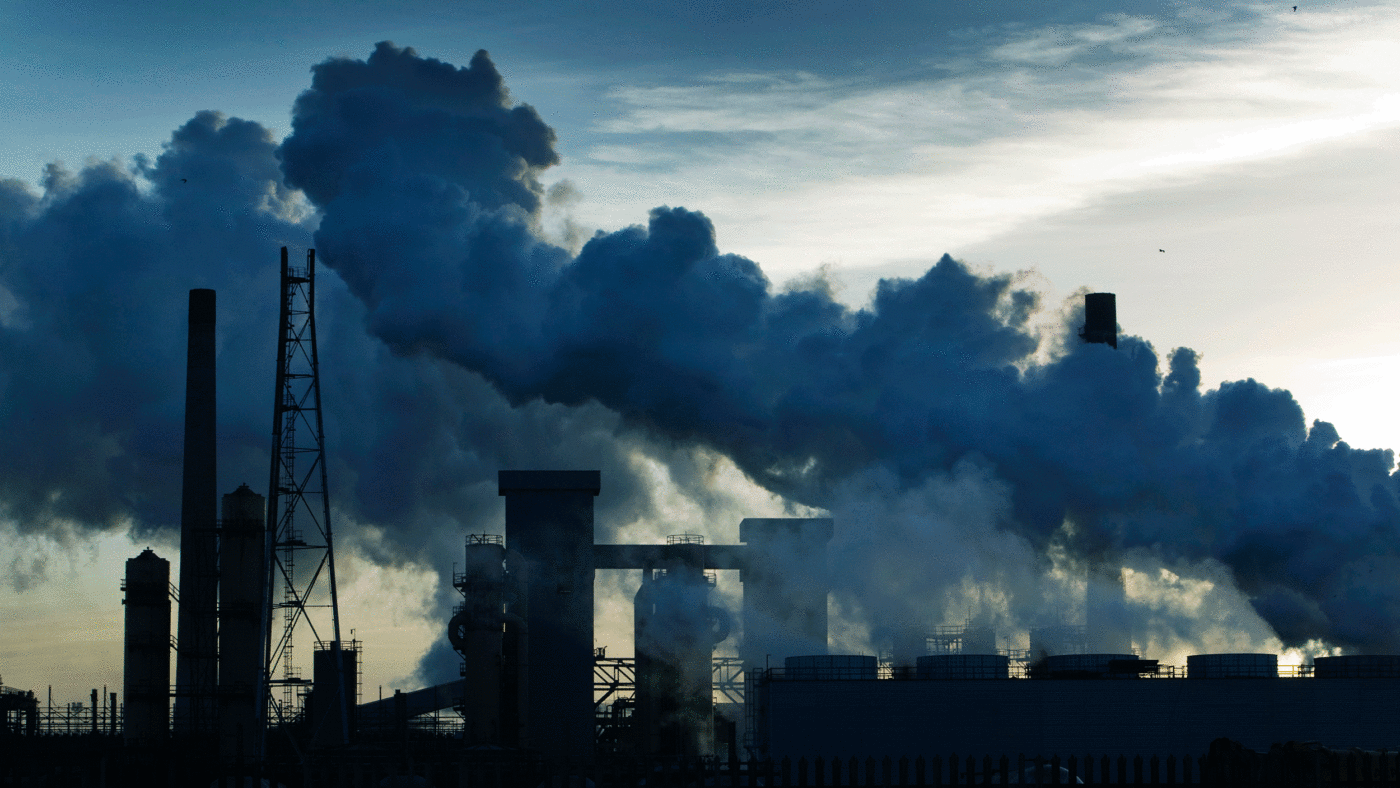Last week’s news that energy bills will rise by on average £693 from April is of deep concern to my constituents. Such a steep rise will be felt by everyone, including middle-income households. Higher energy costs are already being felt by businesses in sectors well beyond energy.
I’m particularly alarmed by impacts on the fuel poor. The agonising decision for any parent who has to choose between putting the heating on and feeding their child is a reality for far too many people in this country. Sadly following Ofgem’s announcement, and as a result of the hit to incomes during the pandemic, many more households are in fuel poverty and now face this invidious choice.
Thankfully, the Government’s price cap provides some welcome protection against energy market volatility, but it can’t stop price rises forever if the global cost of gas is rocketing as it is now. With gas prices quadrupling in the last year, the cap had to rise, or else we’d see more energy companies going bust and leaving customers high and dry.
Ofgem was very clear that the reason for the increase in the price cap was international gas markets. The UK is particularly exposed to global gas prices because of our high usage of gas for heating (85% of households) and power (35% of the generation mix). Ofgem’s analysis echoes what the energy industry has been saying for months. Countries across Europe are facing similar rises, including gas-rich Norway, as we are all part of an interconnected global gas market.
No government which supports open markets can hope to control the prices of internationally traded commodities. But despite the limited room to manoeuvre, the Chancellor has announced a targeted council tax rebate and a loan scheme to spread the costs of higher energy bills over many months. These measures are sensible, and will provide welcome relief to many of my constituents.
There has been much debate about the implications of this crisis for our energy policy. We have to be realistic that we cannot end gas use overnight. We will need it throughout the transition to net zero as a back-up to renewables on the power grid, as a fuel for industry, and for heating our homes while we shift to low-carbon heating. Nonetheless, we should seek to reduce our demand for gas as quickly as we can through building more clean energy, improving energy efficiency, and electrifying more of the economy.
The Government has made the right call not to cut green levies. These levies, which make up around 12% of a dual fuel bill currently, are contractual commitments which support renewable energy schemes and energy efficiency measures, helping reduce our reliance on gas. As electricity generation becomes increasingly sourced from renewables, in due course new levies should be switched from applying to electricity bills on to fossil fuels to incentivise decarbonised heating. But in the meantime current levies have perversely helped relieve pressure on bills in recent months, while the wholesale gas price has been so high – by £160 million over the past quarter according to a recent analysis.
Although some commentators selectively highlight levies’ current share of electricity bills (25%), the reality is that they will soon make up only 8% of the dual fuel bill, as the wholesale cost component of the bill has shot up so much. The Government is in tune with the public by retaining these schemes, with a recent poll finding that just 13% of the public believe green levies are to blame for the current crisis.
These green levies are also a key driver of clean growth in our industrial heartlands – with vastly better job creation prospects than from fracking, now being promoted by some. Thanks to the support for clean energy through bills, businesses have invested tens of billions of pounds in new generation infrastructure and created tens of thousands of jobs in the supply chain, with many projects based in the North of England. Globally, renewables jobs are forecast to grow fivefold by 2050, while jobs in the fossil fuel sector will be around a quarter of their current level. It would be economic folly to try to buck this global trend.
Rather than cutting schemes that pay for insulation for fuel poor households, as some have called for, we should be creating new incentives for people to insulate their homes, as both the Environmental Audit Committee and BEIS Committee have recommended. One of the reasons for our gas dependence is our leaky building stock. Perversely, people will be paying sky high gas prices for heating, far too much of which will escape through their roof.
Successive schemes, including most recently the Green Homes Grant, have not delivered as expected, not through lack of interest from consumers, but through administrative failures, short-term policymaking, and a poorly developed supply chain. While too late for the current crisis, I have called for the Government to come forward with a new, widely accessible energy efficiency scheme soon, so we can be better prepared for the next rise.
While there are no easy answers to gas price spikes in the short term, the net zero strategy provides the right long-term policy to move us away from gas. We won’t eliminate price shocks, but over time we’ll become less exposed. The Government is right to press ahead in implementing its vision for a net zero Britain.
Click here to subscribe to our daily briefing – the best pieces from CapX and across the web.
CapX depends on the generosity of its readers. If you value what we do, please consider making a donation.


